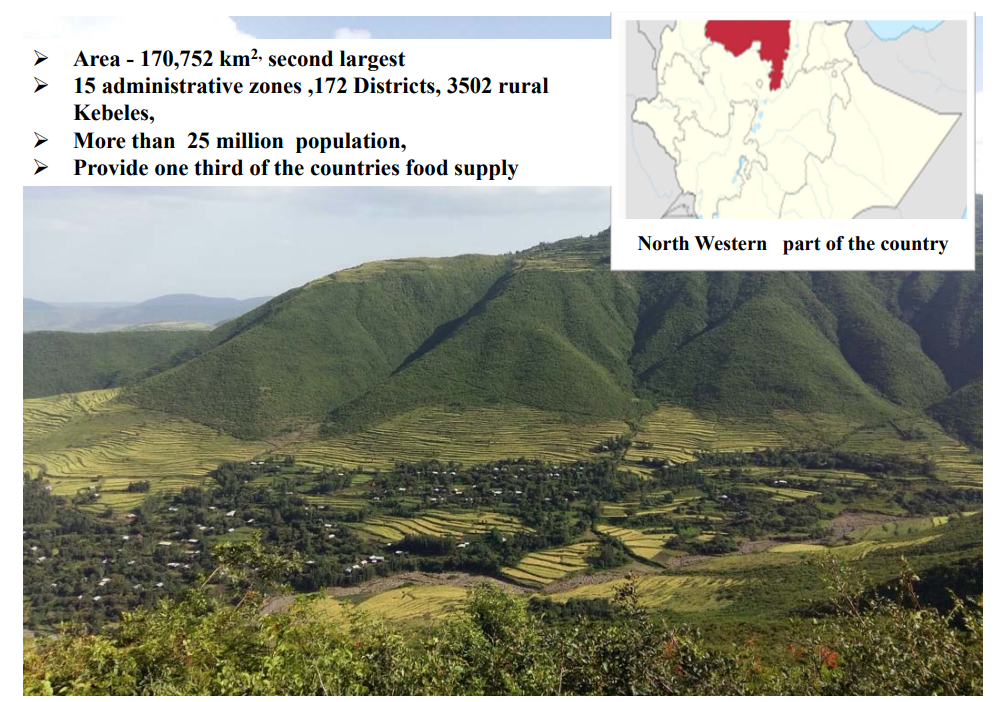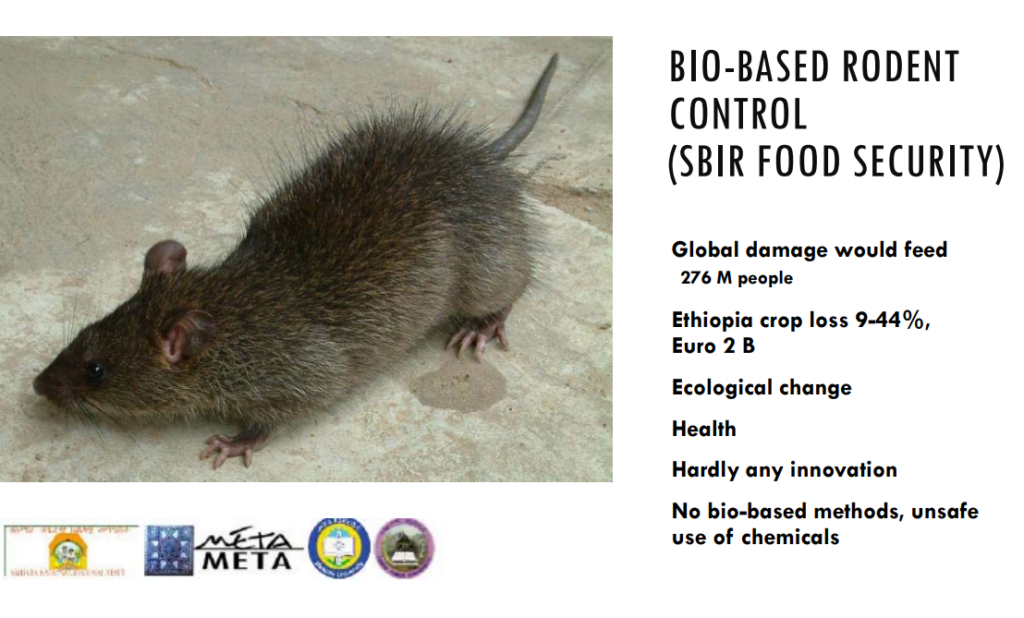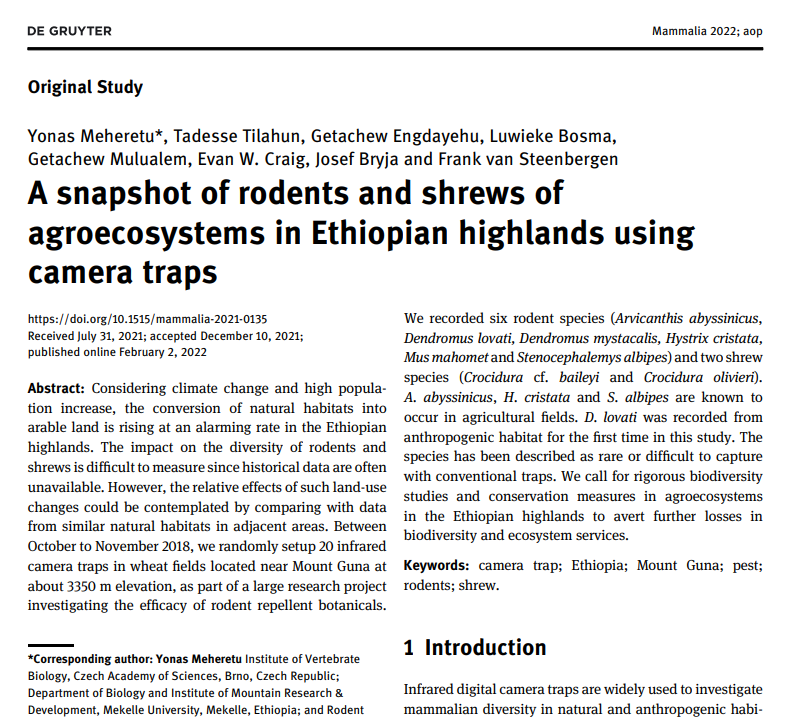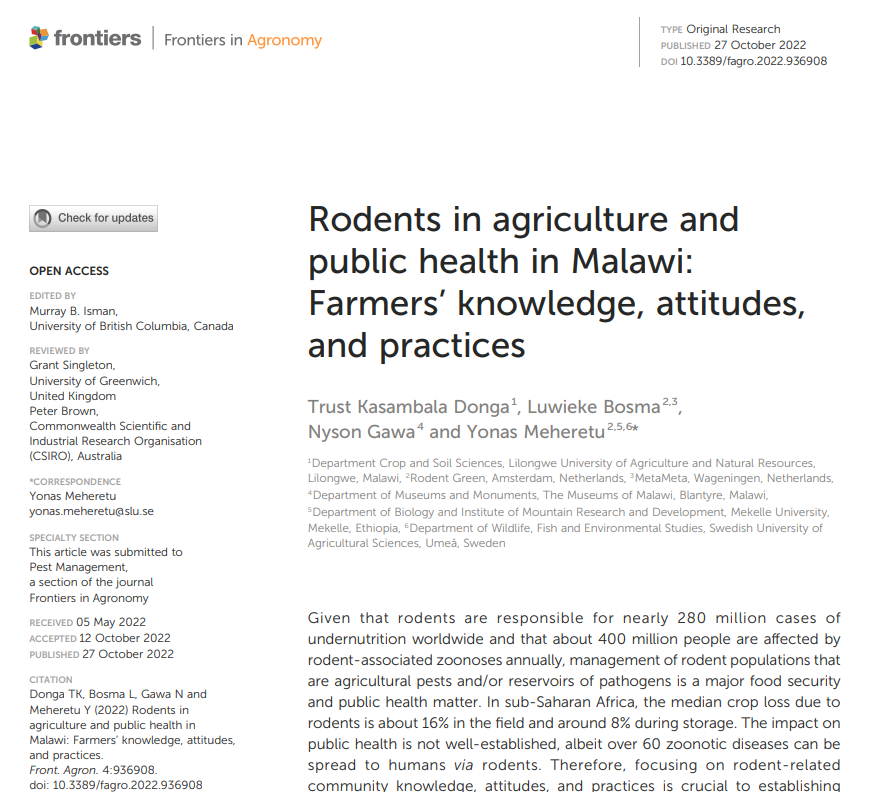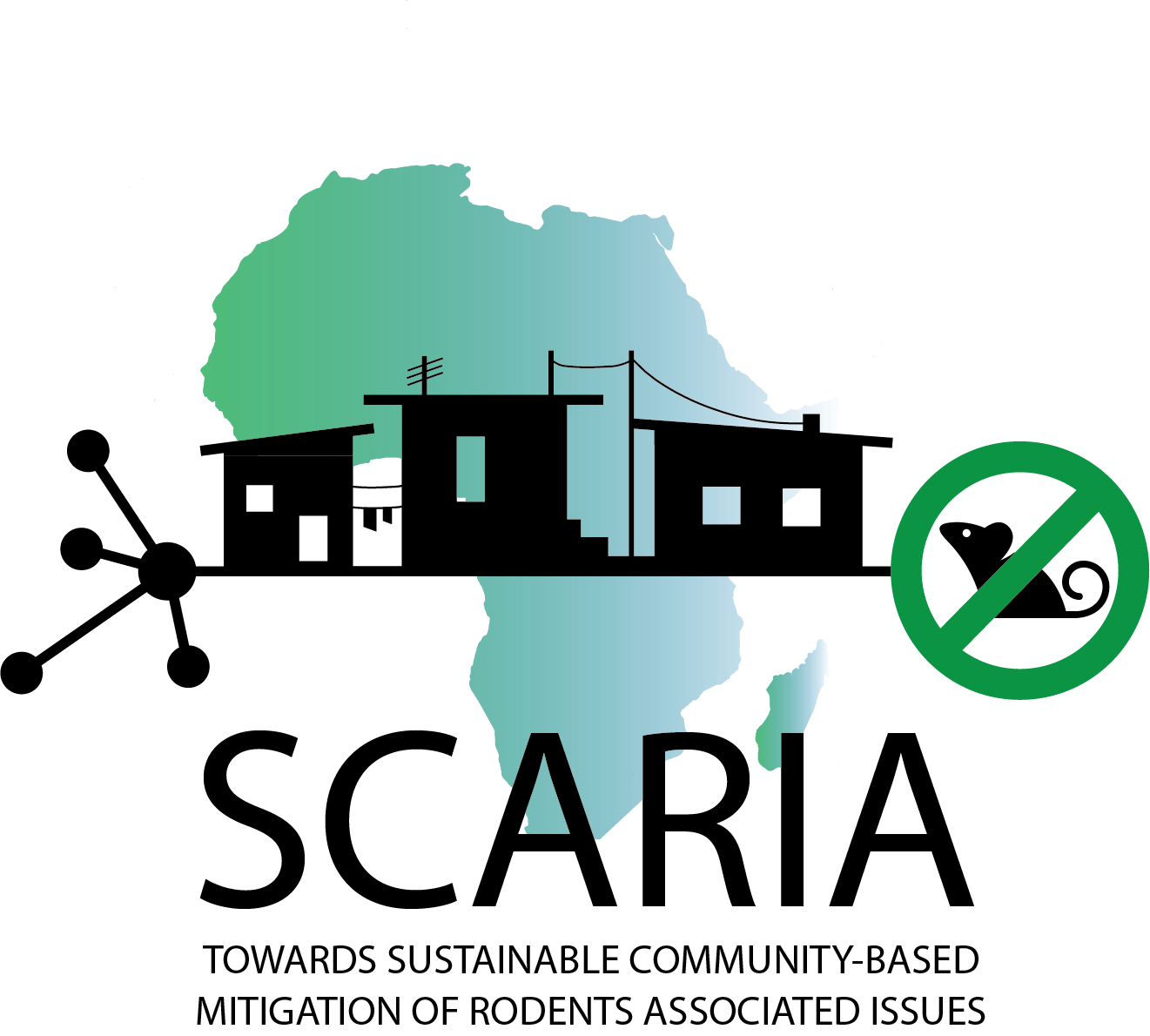Resources
This page contains various resources around the ecological management of rodents. You can search the resources database using the filters displayed on the left side of the page and you can use the search field in the main menu. Do you have a resource available that can be included, please share it with us through: lbosma@metameta.nl
Filter
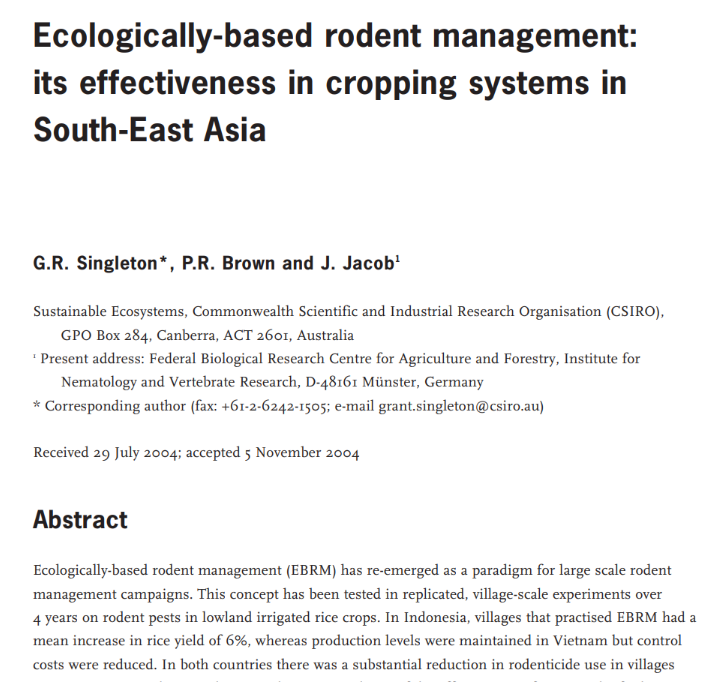
EBRM effectiveness in cropping systems in South-East Asia
Study conducted for 4 years on rodent pests in lowland irrigated rice crops in South-East Asia Authors: G.R. Singleton; P.R. … Continued
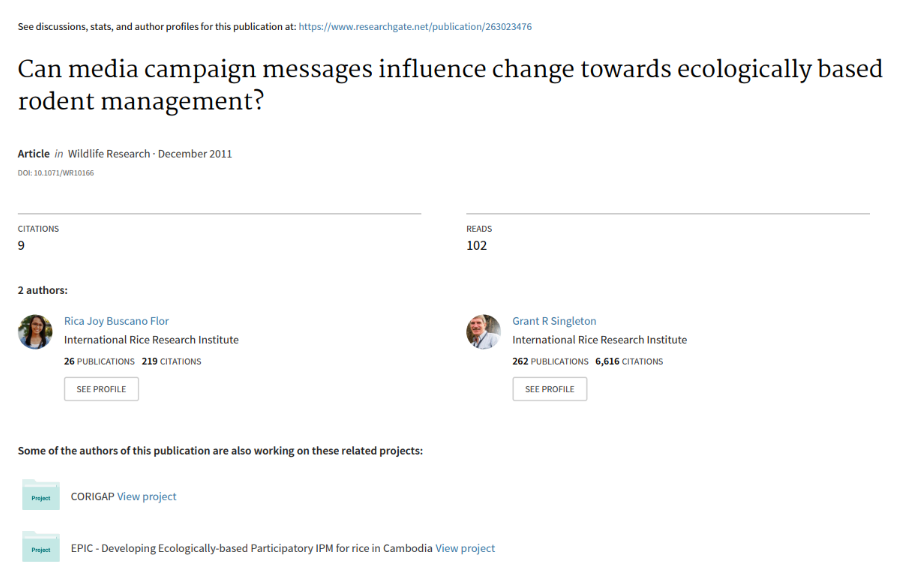
Can media campaign messages influence change towards ecologically based rodent management?
Study evaluating the effects of an EBRM promotion campaign in a community touched by chronic rodent losses. Authors: Rica Joy … Continued
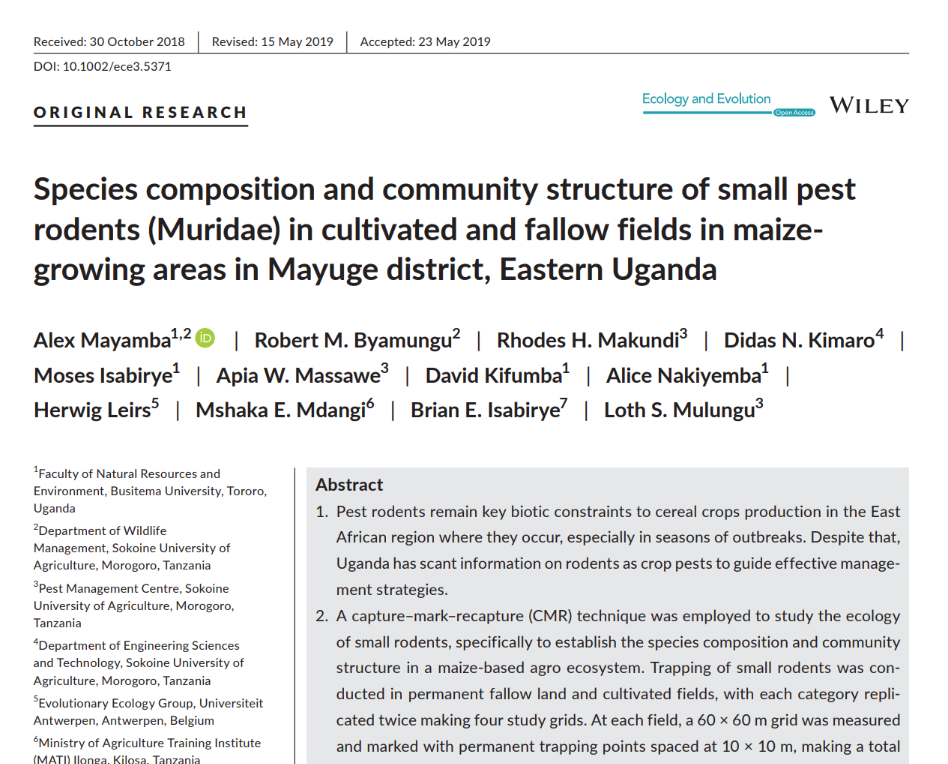
Species composition and community structure of small pest rodents (Muridae) in cultivated and fallow fields in maize‐ growing areas in Mayuge district, Eastern Uganda
Paper on the ecology of small rodents populations in Mayuge district, Eastern Uganda. Authors: Alex Mayamba; Robert M. Byamungu; Rhodes … Continued
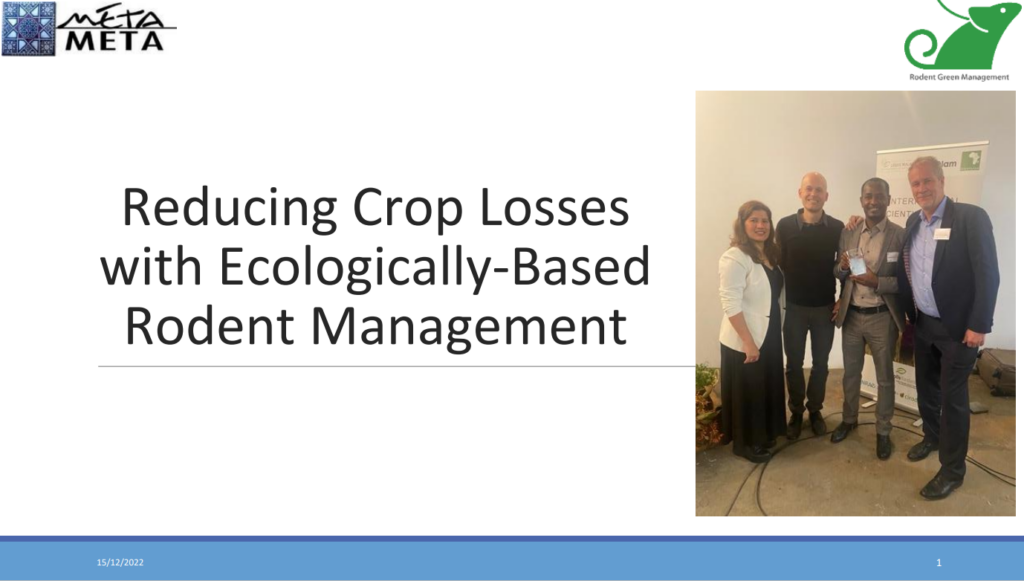
Reducing Crop Losses With EBRM
Presentation on EBRM principles, bio-rodenticides, results & cooperation
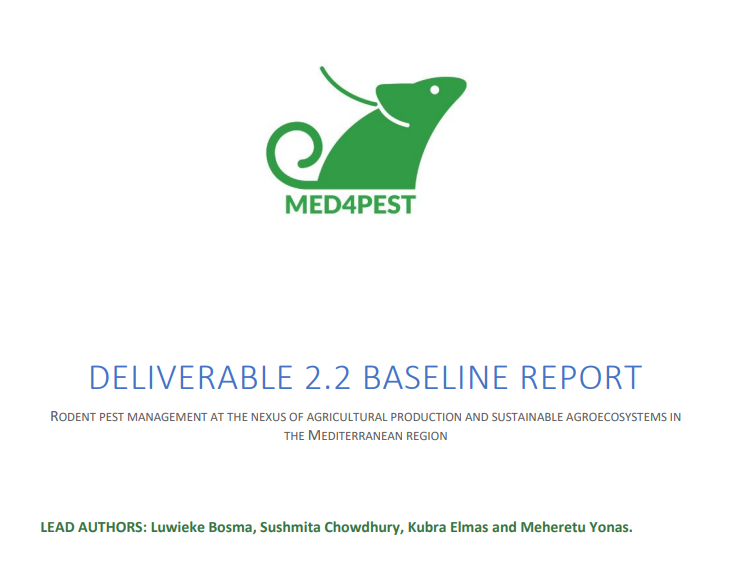
Baseline Report 2.2 Med4Pest
Inventory of the status of rodent management in Mediterranean regions. The research covered the regions of Turkey, Cyprus, Morocco, and … Continued
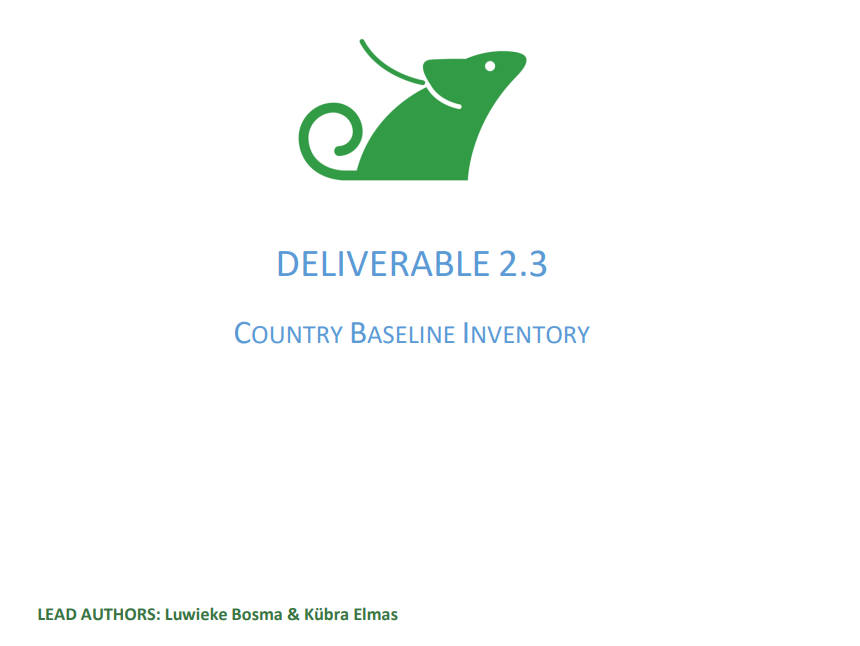
Report Green Rodent Control – Country Baseline Inventory
Report providing insights into the attitudes and willingness for implementing ecologically-based rodent management techniques in reducing crop damage and improving … Continued

